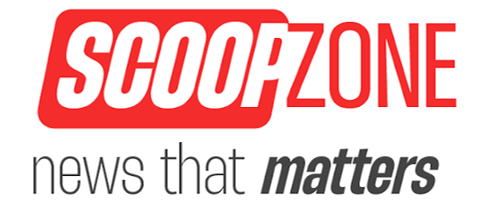The US is now facing drug shortages that have nearly reached a record high. There have been ongoing supply issues for some drugs recently, with shortages now being the highest since 2014. But which drugs are most affected? Here’s everything you need to know.
Overall, the latest data now shows that there are over 300 drugs with active shortages, including 50 brand-new shortages that only started to take place at the beginning of this year.
According to the data released by the University of Utah Drug Information Service, there are shortages of a number of medicines, including local anesthetics and other basic hospital drugs, albuterol solution, common oral and ophthalmic products, and ADHD treatments.
However, one of the most common shortages in the US is now chemotherapy drugs. Around two dozen of these drugs are now in short supply and have reached the top-five drug types affected by the recent shortages – and there often isn’t an alternative.
Unlike other drugs like antimicrobials, which are also affected by shortages, chemotherapy drugs often don’t have an alternative and this is affecting treatment for a wide range of cancers.
Part of the problem is increased supply, but the experts have also warned that some of the shortages could be easily avoidable, as they are down to supply chain issues. For example, the recent amoxicillin shortages during this year’s flu season were due to manufacturing issues.
In particular, the US Food and Drug Administration has been criticized in the last few months for falling behind on routine inspections, particularly for international facilities, which make up over half of US manufacturers. This had a huge impact on supply and contributed to the shortages.
According to Michael Ganio, senior director of pharmacy practice and quality at the American Society of Health-System Pharmacists, “The fact that we have this many chemo drugs in shortage is really concerning.
One of the key predictors of how well a patient will respond to treatment is getting a full dose on the right schedule. So when we can’t give the drug because we just can’t get the drug, that’s heartbreaking. Shortages are still happening, and they’re not resolving, or they’re not resolving as quickly as new shortages are starting,”











Add Comment